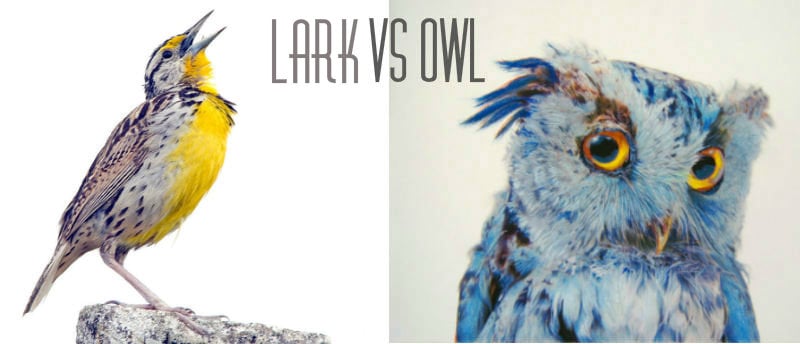On this blog we post information about sleep, however, we have not posted much content regarding the data behind the information we are providing. So, in this post I will show you some of the most interesting statistics that we have found up to this point in time. I recently came across several sources of information that provided some interesting statistics found during various studies on human sleep patterns, the environments that influence those sleep patterns, and what effects those patterns have on your performance.
Pre-Sleeping Habits
- 9 out of every 10 Americans reported using a technological device in the hour before going to sleep
- TV is the most popular device, at 60%, used before sleep [2.]
- Those under the age of 30 more likely to use cell phones [2.]
- Using these interactive devices makes it significantly more likely to have difficulty falling asleep [2.]
- Using devices also increases the likelihood that that person will have less restful sleep [2.]
- Interactive technological devices are most strongly associated with sleep complaints
Sleep Deprivation Effects
- This blog is a big fan of Dr. Charels Czeisler, who is lauded within the community of neuroscientists who study sleep, who was influential in a study regarding the effects sleep deprivation has on cognitive abilities. [1.]
- Sleep deficiency is a “deficit in the quantity or quality of sleep obtained vs. the amount needed for optimal health, performance [1.]
- Sleep deficiency degrades immune, cardiovascular and metabolic function [1.]
Benefits of Sleep
 |
| [3.] |
Achieving Better Sleep
 |
| [3.] |
These images were taken from a lecture given by Dr. Charels Czeisler. If you would like to watch the video, the link is provided in the references section. I would recommend trying to adhere to some of these suggested sleep habits. They are useful, and trust us here at #SleepMatters, it works. If you want to be more alert during the day, just try a few, they work.
Below are the resources used to obtain the information provided in this blog post
References
1. Pack AI, Dinges DF, Gehrman PR, Staley B, Pack FM, Maislin G. Risk factors for excessive sleepiness in older adults. Ann Neurol. 2006;59:893–904. [PubMed]
3. A Sleep Epidemic: Charles Czeisler at TEDxCambridge 2011 http://youtu.be/p4UxLpoNCxU

